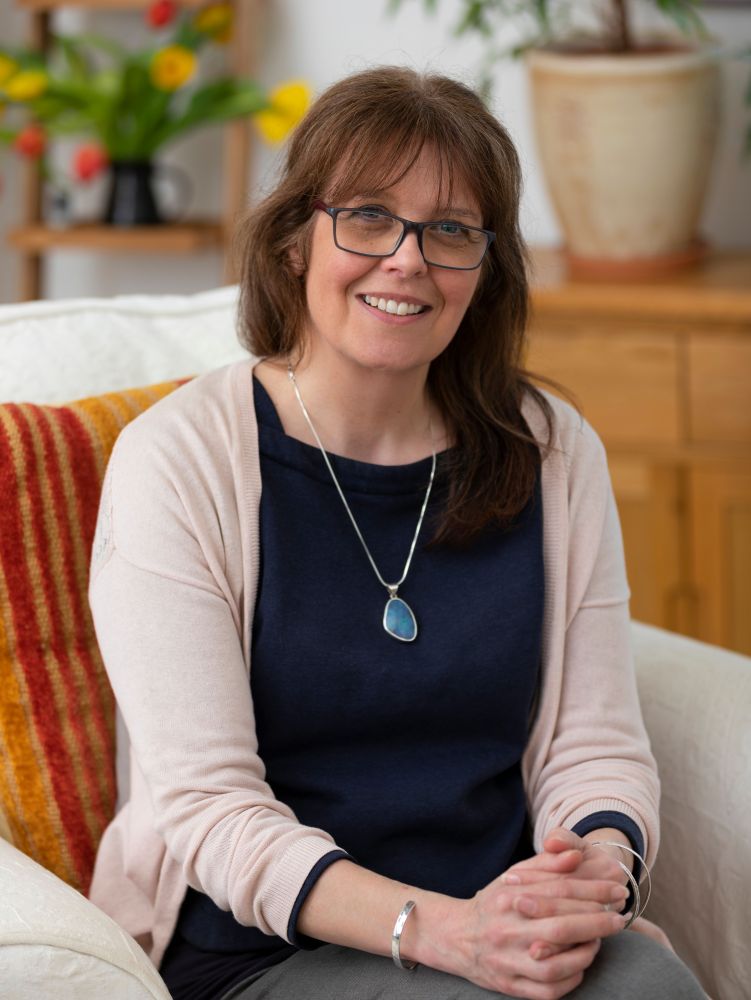Counselling if you are a Carer
I have provided counselling to carers for many years and also worked as a Carers Support Worker in Social Services and in a Charity. As a result, I bring sensitivity and knowledge to understanding the needs and issues that maybe effecting you.
I’d like to begin by acknowledging that often people who look after someone in their family do not necessary feel the term ‘carer’ applies to them. This is especially so, if the help they give has gradually increased over time.
When caring is for a loved one, someone may feel guilty or uncomfortable when they think of this ‘title’, however, it can be an important first step for someone to recognise what they are doing and to explore what being a carer means for them.
I see each person I work with as an individual with their own life and personal experiences, but have also noticed how there can be similar psychological experiences common to carers.
Psychologically, caring can bring many positives - a different level of closeness, satisfaction, and the pride of providing support.
Yet there are often challenges too, many carers who keep on coping and ‘getting on with things’, can over time, feel stressed and tired. Needing to be at home, or close at hand to offer or coordinate care, may have a knock-on effect on being able to work, see friends and do hobbies. Self-esteem and self-identity can be effected by this. Having to deal with the ongoing health concerns of someone, adapting to sudden or gradual changes in health and needs, can naturally cause worry for all concerned.
If you are a carer, counselling can offer you an important opportunity to talk about what's really going on for you and to start considering your own needs too.
It may be that a counselling session can be a space to learn relaxation techniques, to discuss practicalities and concerns or to let "off steam" emotionally, when things are tough. Talking can help you to feel less alone and more able to make choices that are positive for your own mental health.






